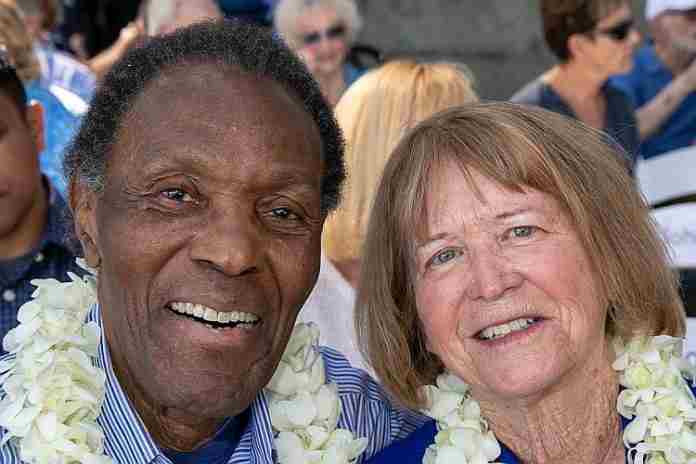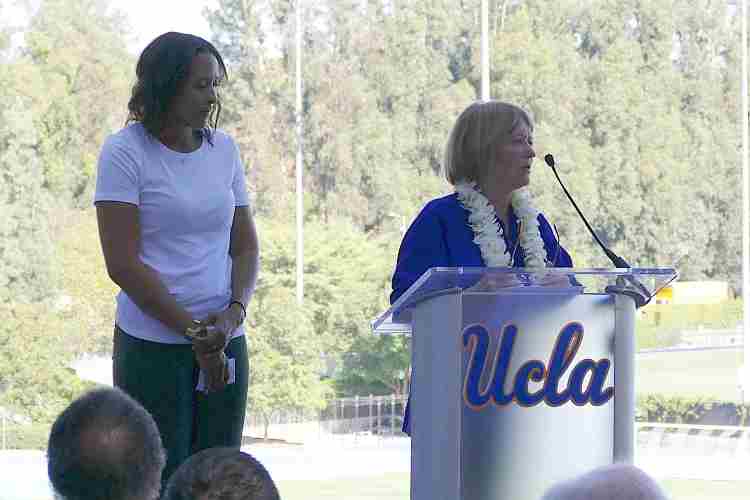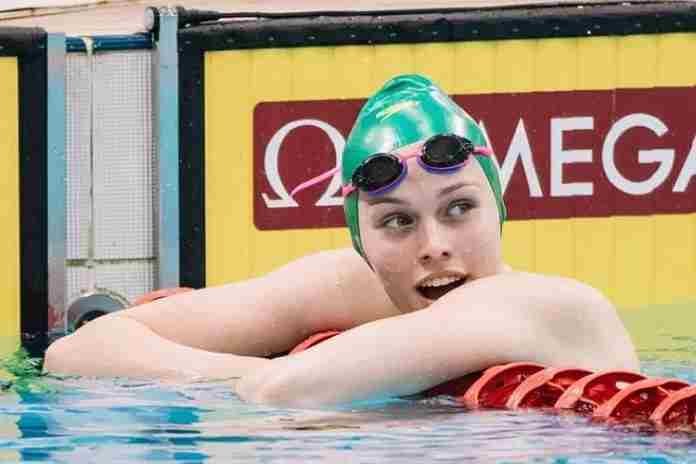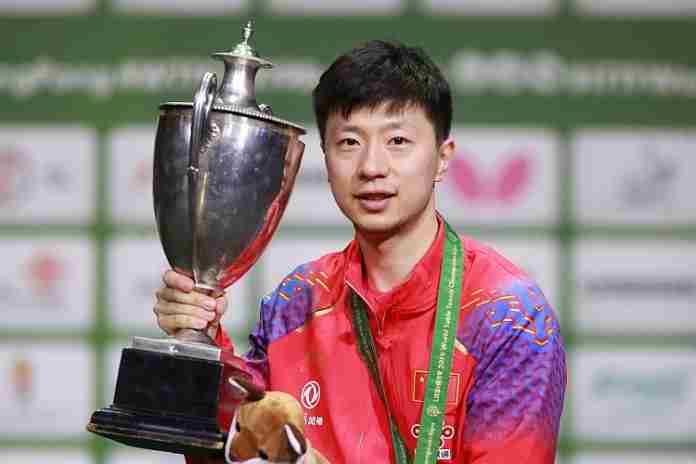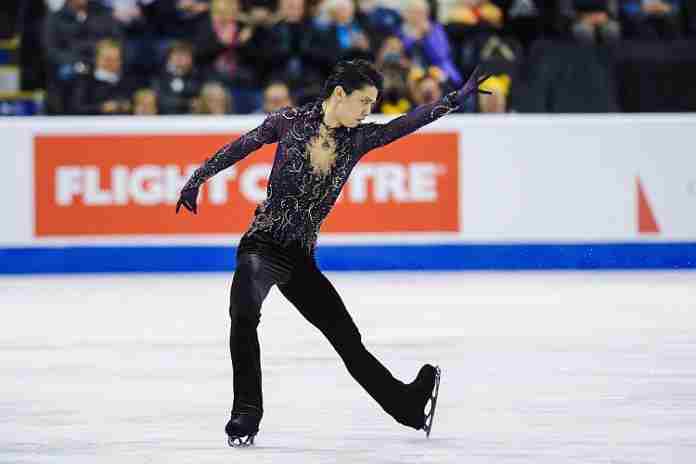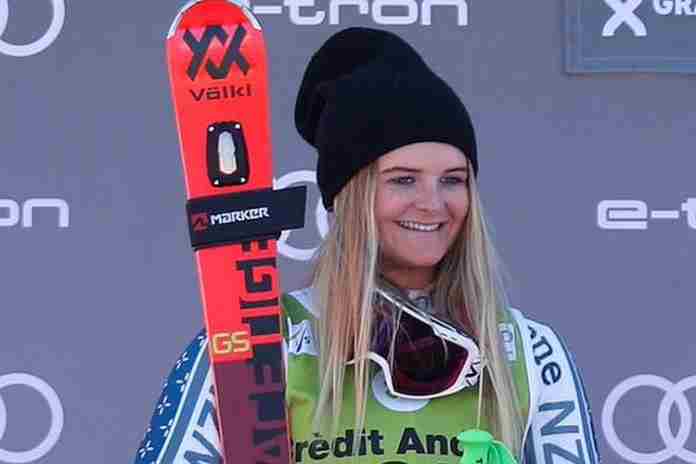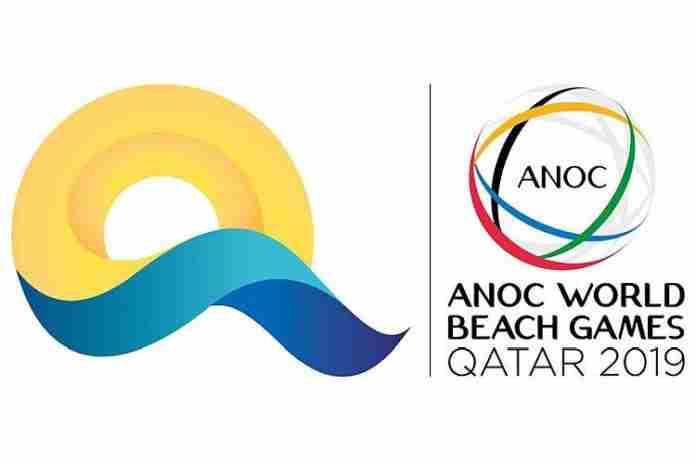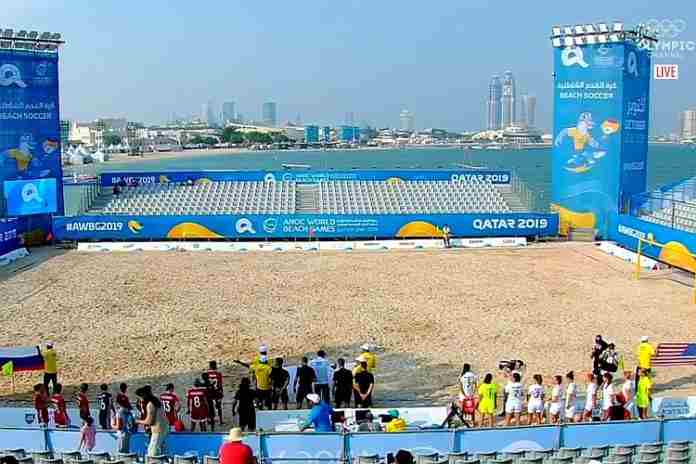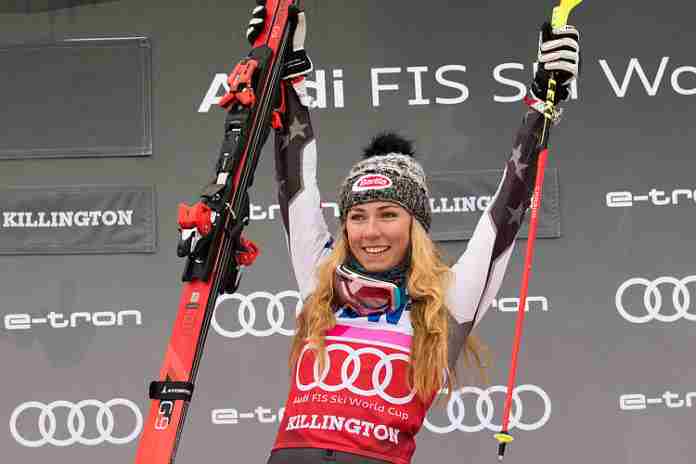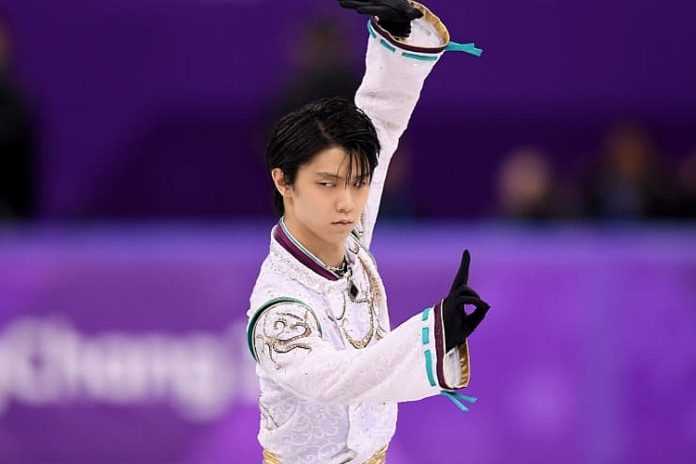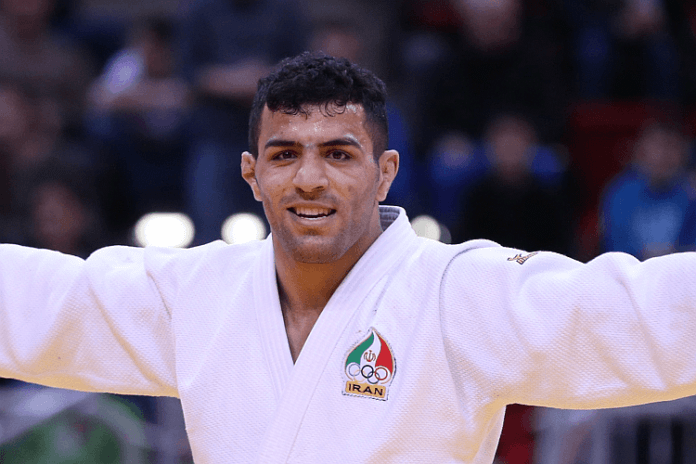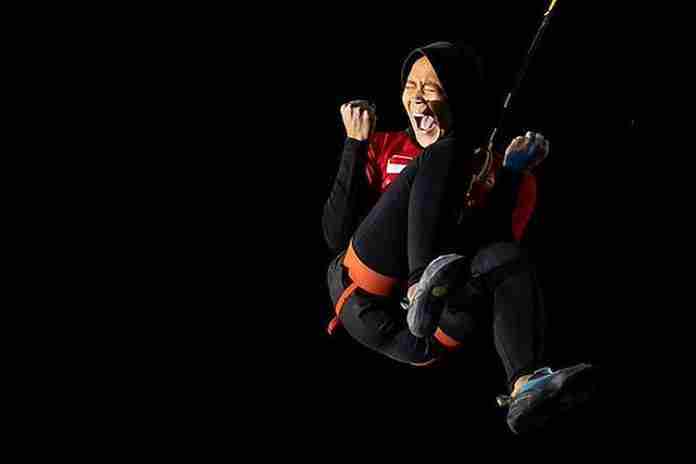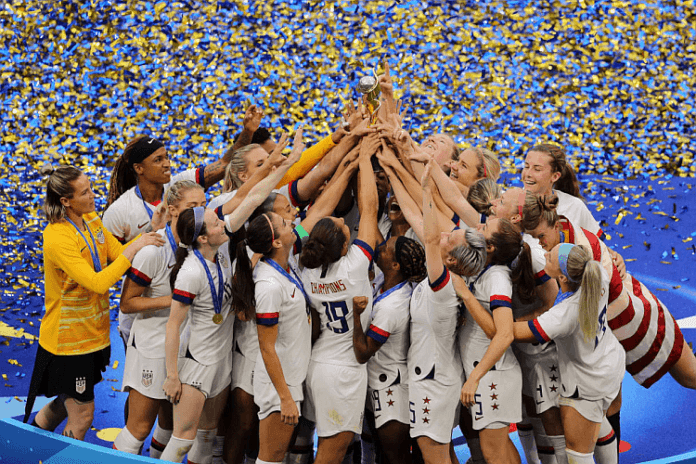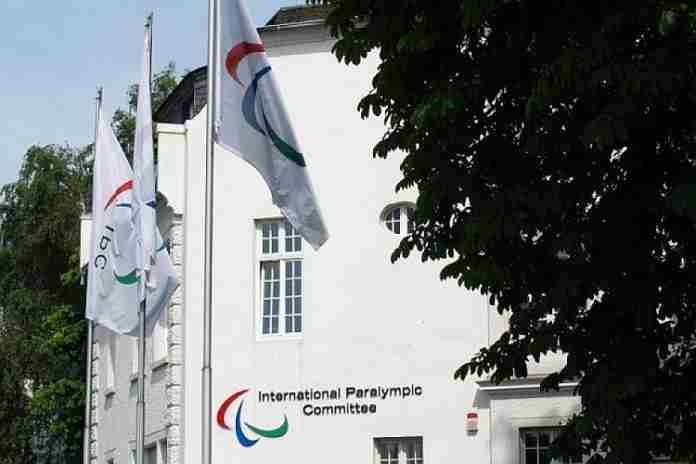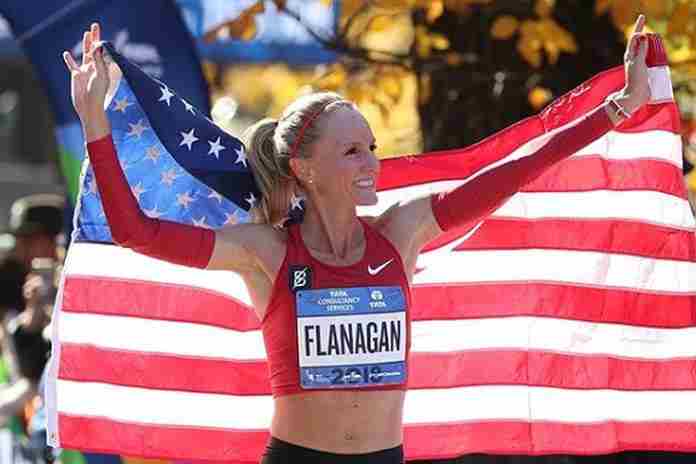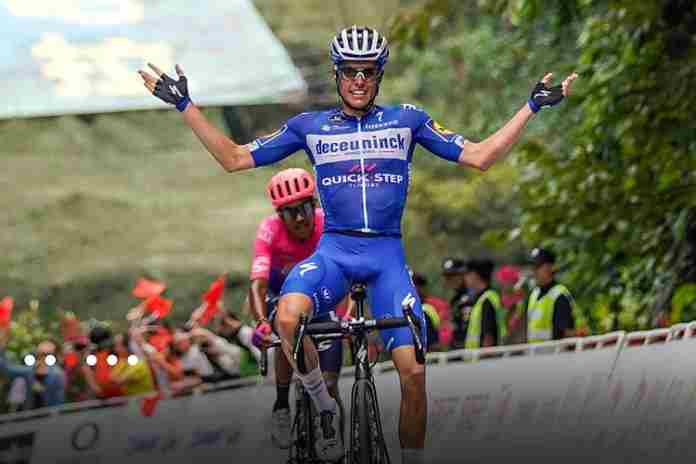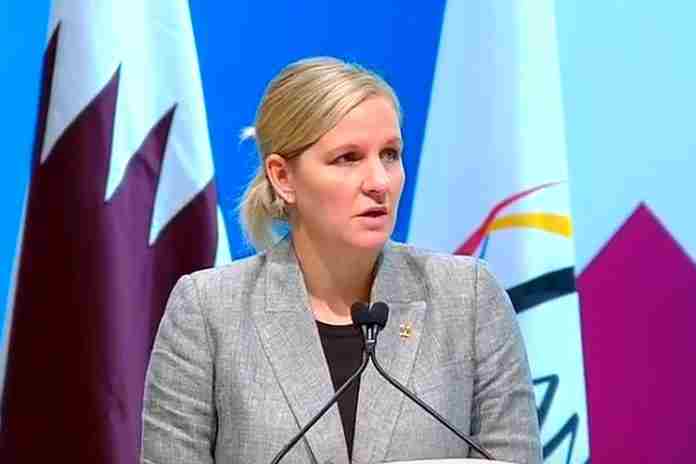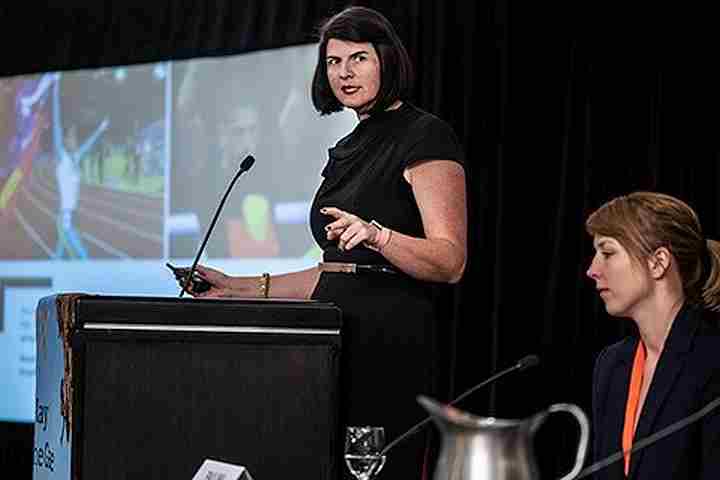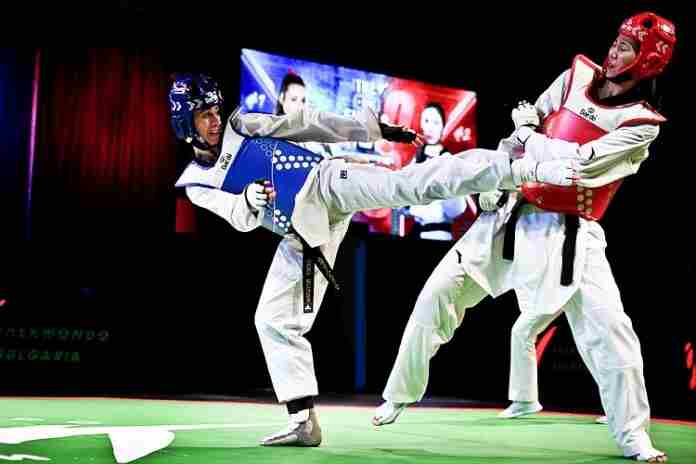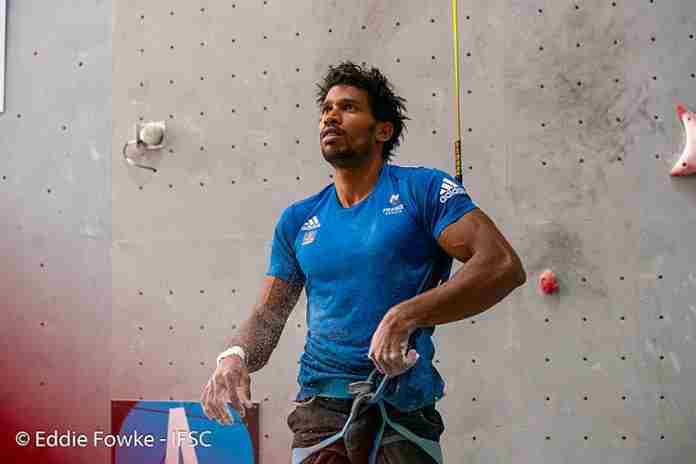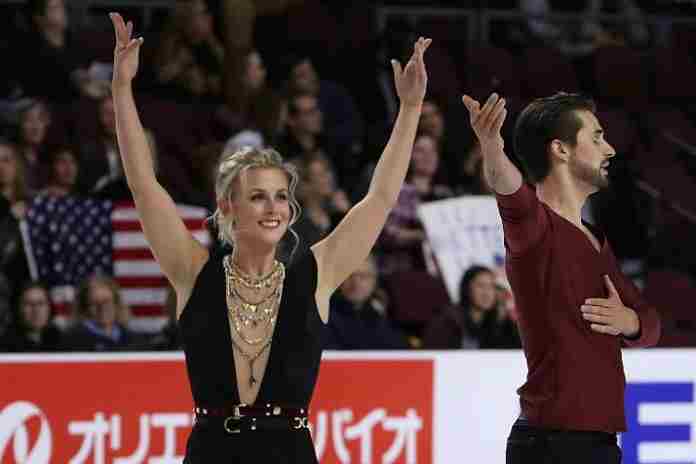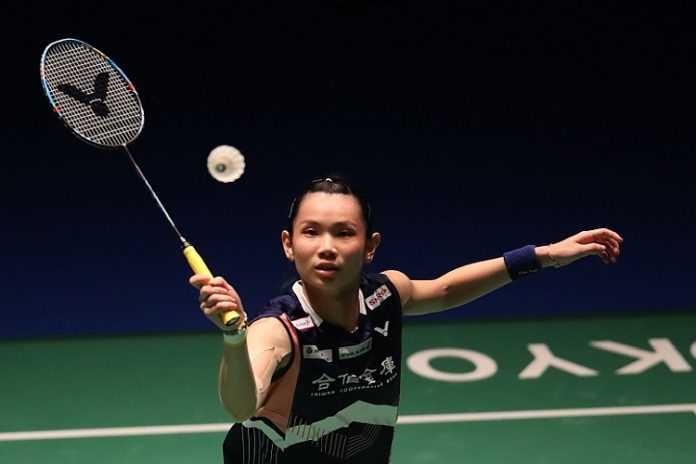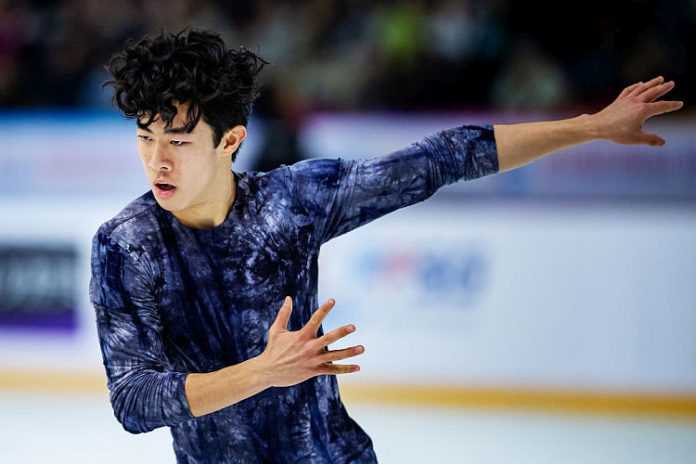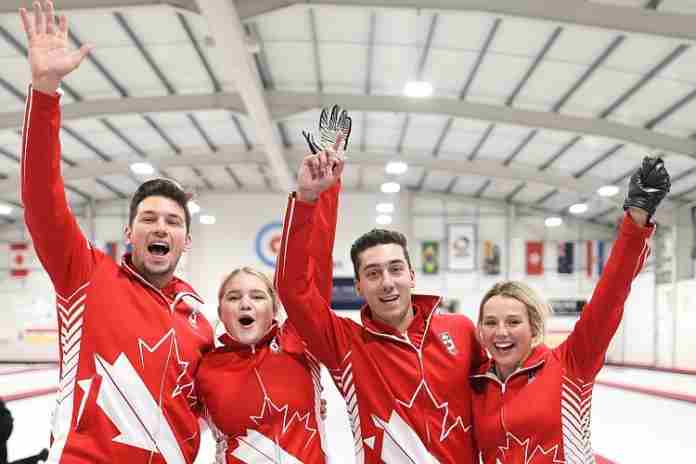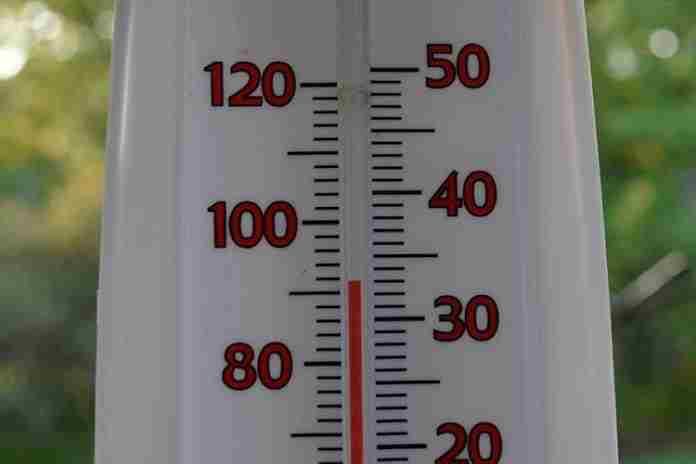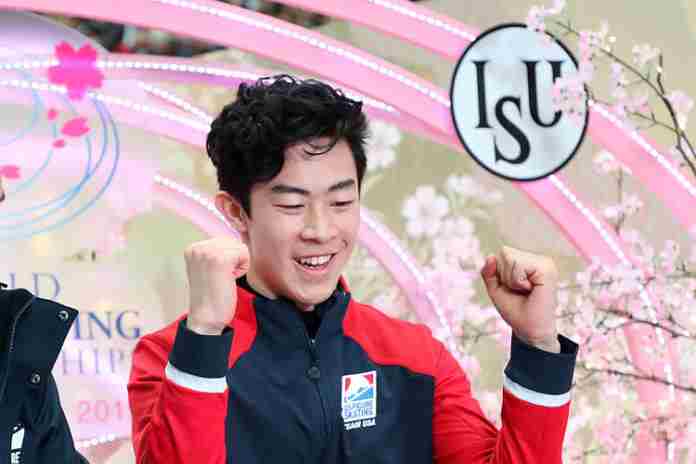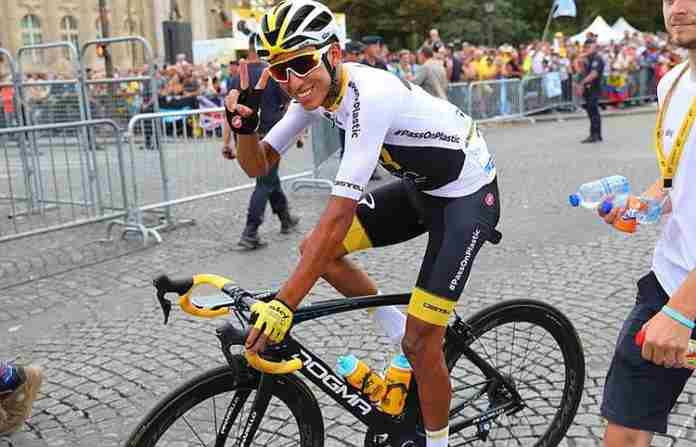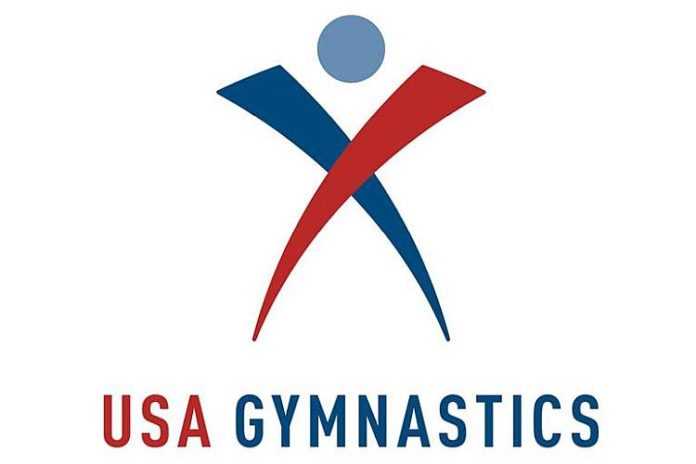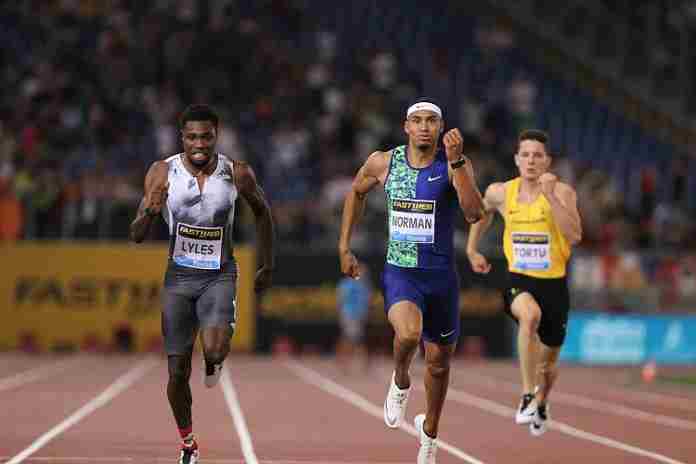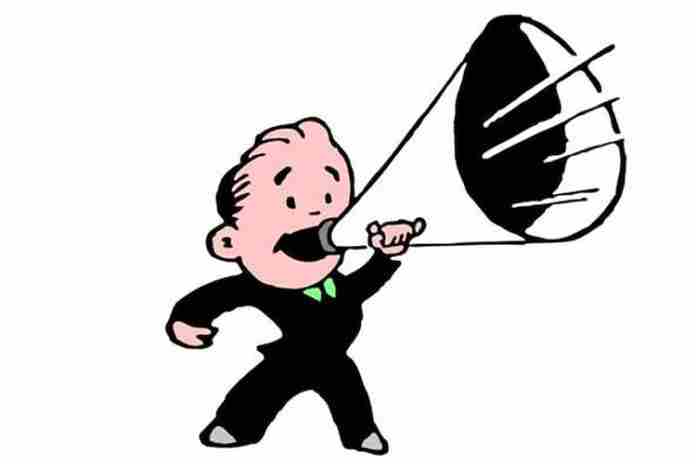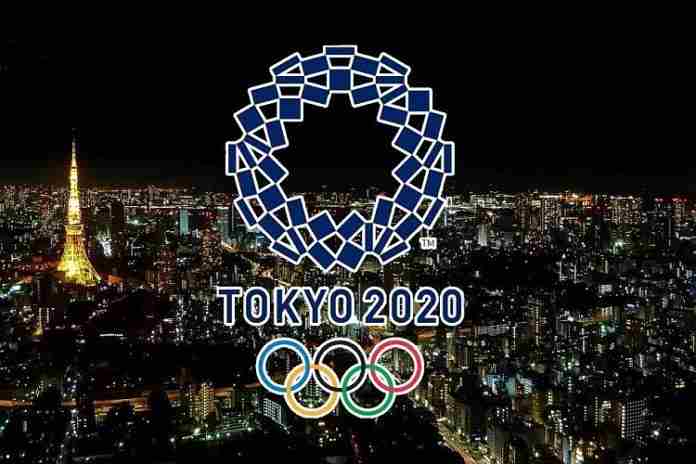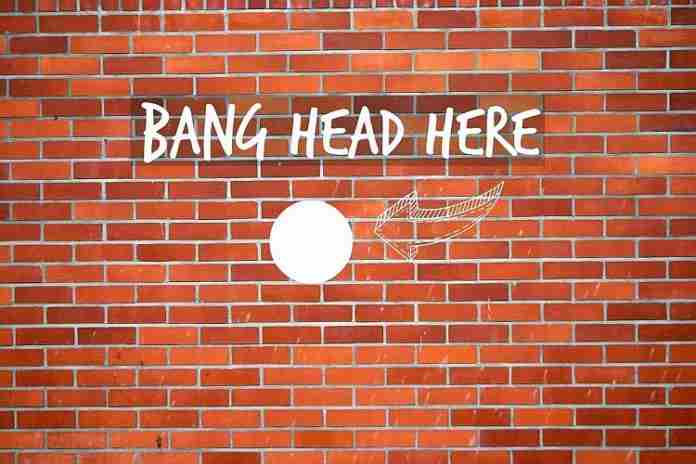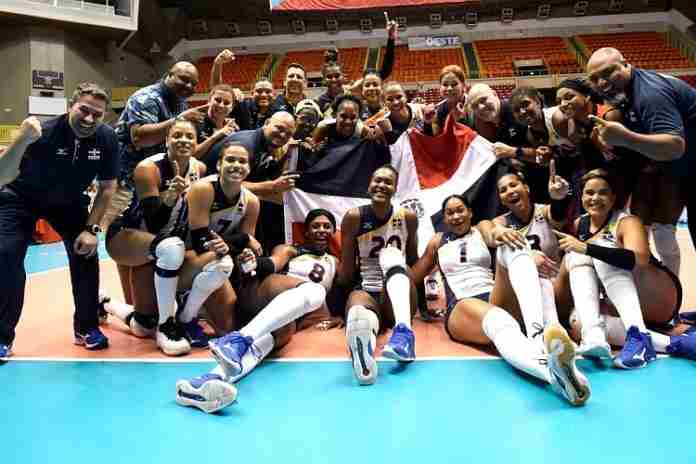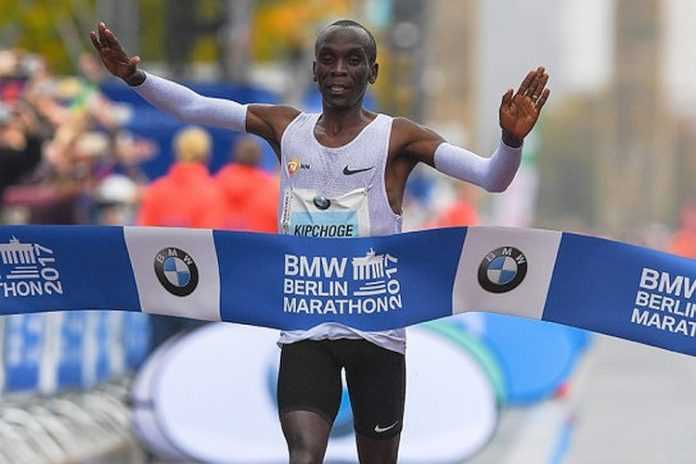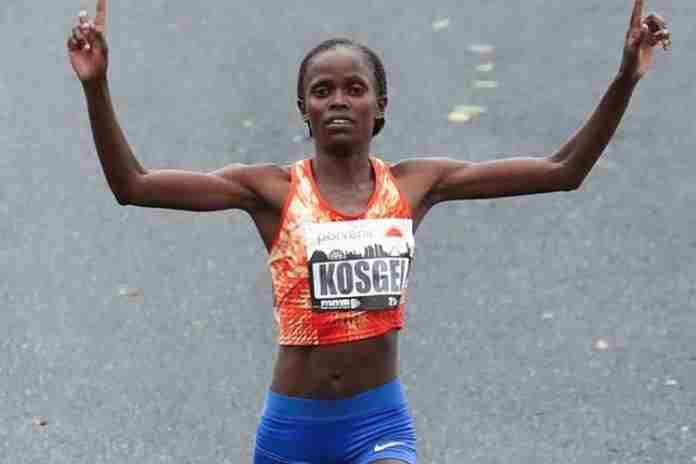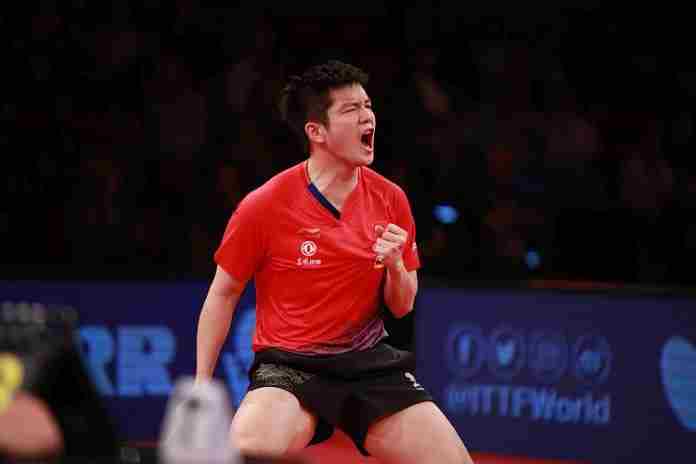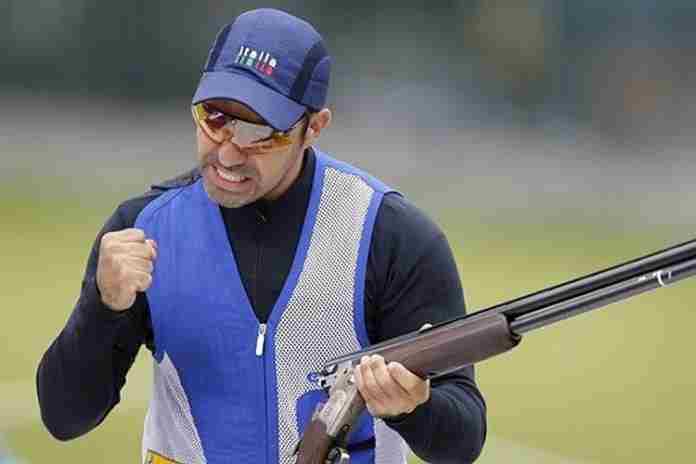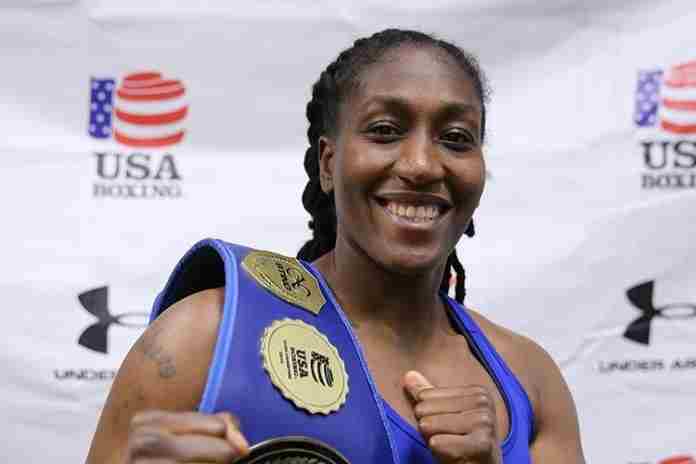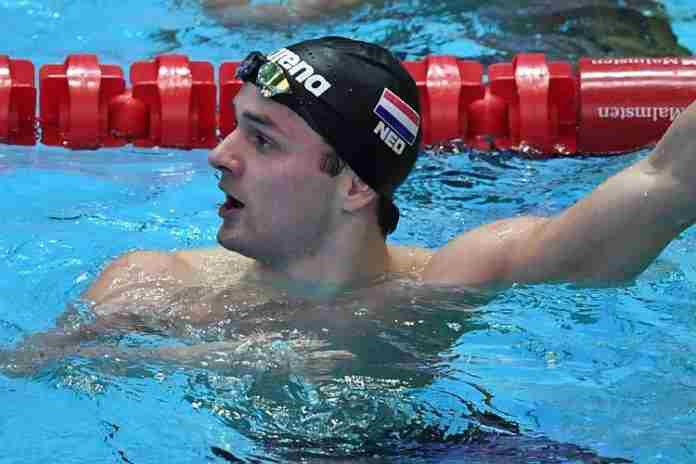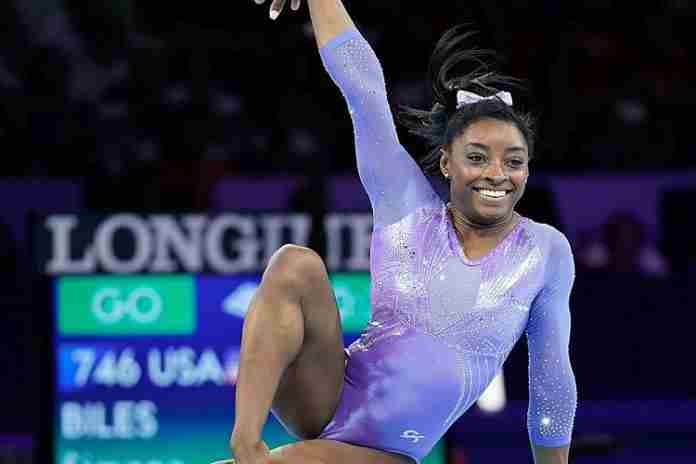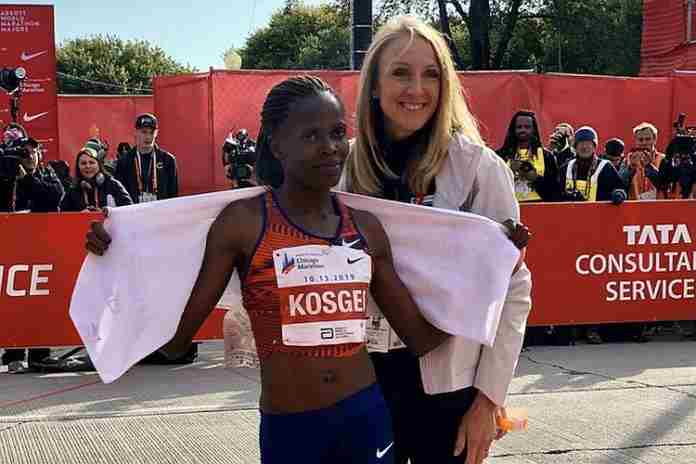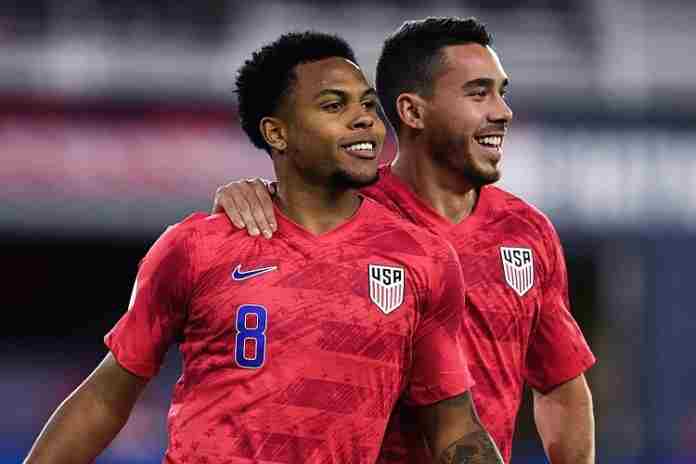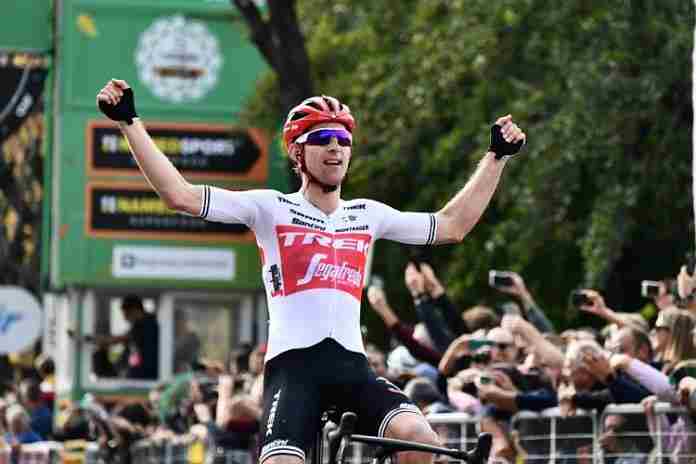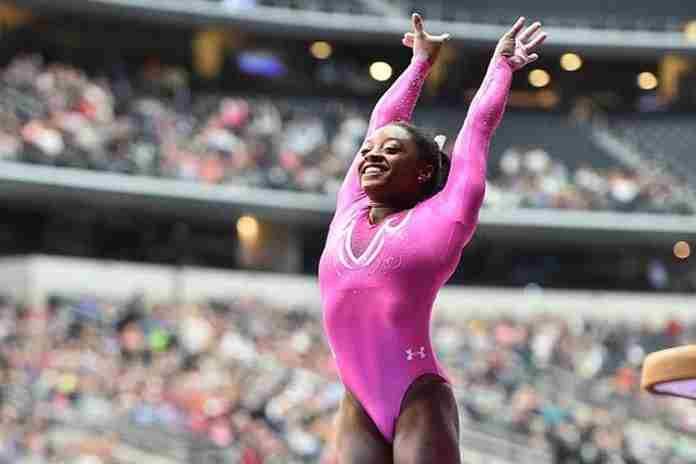The gymnastics world likely saw the greatest women’s gymnast of all time for the final time in a FIG World Championships in Stuttgart (GER) on Sunday and she made a memorable final appearance.
American Simone Biles won the Beam and Floor to set the all-time record for most medals won by an individual gymnast in World Championships history. Her total of 25 total career medals breaks the tie she had with Russian star Vitaly Scherbo (1991-96) at 23 and she increased her existing record mark of career golds to 19.
This is an especially impressive achievement considering that women compete in four apparatus and men compete in six! In terms of career records, Biles is in a league by herself:
● Her 25 career Worlds medals is the most ever;
● Her 19 career Worlds golds is the most ever;
● Her 21 career Worlds medals in individual events is the most ever;
● Her 15 career Worlds golds in individual events is the most ever.
On Sunday, she was the penultimate competitor in the Beam and scored 15.066 to easily outdistance prior leader Tingting Liu of China (14.333). American Kara Eaker finished fourth with 14.000.
She was equally sensational on Floor, scoring 15.133, a full point ahead of teammate Suni Lee (14.133) who won her second apparatus medal and third medal in all in this year’s Worlds. Russian Angelina Melnikova won her third medal of the meet with the bronze.
In the men’s apparatus finals, Russians Nikita Nagornyy and Artur Dalaloyan, who finished 1-2 in the All-Around, finished 1-2 in the Vault, with Ukraine’s Igor Radivilov winning his third Worlds Vault medal with the bronze.
Britain’s Joe Fraser was outstanding on Parallel Bars, adding flips along the bar to the normal strength elements. His extremely high difficulty allowed him to score 15.000, despite having only the fourth-highest execution score. He edged Turkey’s Ahmet Onder (14.983) and Japan’s Kazuma Kaya (14.966), stunning even himself with the victory; he was lifted on the shoulders of his teammates after the last score was finalized.
Defending champion Tin Srbic of Croatia performed elegantly on the High Bar, but had to settle for second to first-time medalist Arthur Mariano of Brazil, , who had the equal-highest difficulty in the field and had the second-highest execution score to finish at 14.900 to 14.666 for Srbic.
Russia won the most overall medals with 9 (3-3-3), but the U.S. – thanks to Biles – had the most wins with five and had eight medals in total. China had a disappointing meet and ended with five total medals for third. Summaries:
FIG Artistic World Championships
Stuttgart (GER) ~ 4-13 October 2019
(Full results here)
Men
Team: 1. Russia (Ablyazin, Belyavskiy, Dalaloyan, Nagornyy, Stretovich), 261.726; 2. China (Deng, Lin, Sun, Xiao, Zou)), 260.729; 3. Japan (Hashimoto, Kamoto, Kaya, K. Tanigawa, W. Tanigawa)), 258.159; 4. United States (Sam Mikulak, Akash Modi, Yul Moldauer, Trevor Howard, Shane Wiskus), 254.578; 5. Great Britain, 251.611; 6. Chinese Taipei, 248.243; 7. Switzerland, 247.038; 8. Ukraine, 246.593.
All-Around: 1. Nikita Nagornyy (RUS), 88.772; 2. Artur Dalaloyan (RUS), 87.165; 3. Oleg Verniaiev (UKR), 86.973; 4. Ruoteng Xiao (CHN), 86.690; 5. Wei Sun, 86.523; 6. Kazuma Kaya (JPN), 85.899; 7. Sam Mikulak (USA), 85.692; 8. Joe Fraser (GBR), 85.098. Also: 16. Yul Moldauer (USA), 82.330.
Floor: 1. Carlos Yulo (PHI), 15.300; 2. Artem Dolgopyat (ISR), 15.200; 3. Xiao (CHN), 14.933; 4. Dalaloyan (RUS), 14.800; 5. Chaopan Lin (CHN), 14.700; 6. Nagornyy (RUS), 14.166; 7. Han-Sol Kim (KOR), 13.833; 8. Dominick Cunningham (GBR), 13.566.
Pommel Horse: 1. Max Whitlock (GBR), 15.500; 2. Chih-Kai Lee (TPE), 15.433; 3. Rhys McClenaghan (IRL), 15.400; 4. Jingyuan Zou (CHN), 15.000; 5. Kaya (JPN), 14.866; 6. Cyril Tommasone (FRA), 14.833; 7. Yu-Jan Shiao (TPE), 14.733; 8. David Belyavskiy (RUS), 13.566.
Rings: 1. Ibrahim Colak (TUR), 14.933; 2. Marco Lodadio (ITA), 14.900; 3. Samir Ait Said (FRA), 14.800; 4. Eleftherios Petrounias (GRE), 14.733; 5. Arthur Zanetti (BRA), 14.725; 6. Denis Ablyazin (RUS), 14.666; 7. Artur Tovmasyan (ARM), 14.200; 8. Nick Klessing (GER), 14.166.
Vault: 1. Nagornyy (RUS), 14.966; 2. Dalaloyan (RUS), 14.933; 3. Igor Radivilov (UKR), 14;749; 4. Marian Dragulescu (ROU), 14.624; 5. Cunningham (GBR), 14.566; 6. Le Thanh Tung (VIE), 14.533; 7. Shek Wai Hung (HKG), 14.466; 8. Hak-Seon Yang (KOR), 14.316.
Parallel Bars: 1. Fraser (GBR), 15.000; 2. Ahmet Onder (TUR), 14.983; 3. Kaya (JPN), 14.966; 4. Xiao (CHN), 14.966; 5. Ferhat Arican (TUR), 14.900; 6. Wei Sun (CHN), 14.466; 7. Petro Pakhniuk (UKR), 14.200; 8. Lukas Dauser (GER), 13.833.
High Bar: 1. Arthur Mariano (BRA), 14.900; 2. Tin Srbic (CRO), 14.666; 3. Dalaloyan (RUS), 14.533; 4. Daiki Hashimoto (JPN), 14.233; 5. Mikulak (USA), 14.066; 6. Chaopan Lin (CHN), 14.033; 7. Tyson Bull (AUS), 13.200; 8. Chia-Hung Tang (TPE), 12.766.
Women
Team: 1. United States (Simone Biles, Jade Carey, Kara Eaker, Sunisa Lee, Grace McCallum), 172.330; 2. Russia (Agafonova, Akhaimova, Melnikova, Shchekoldina, Spiridonova), 166.529; 3. Italy (Carofiglio, Alice D’Amato, Asia D’Amato, Iorio, Villa), 164.796; 4. China, 164.230; 5. France, 163.628; 6. Great Britain, 161.495; 7. Canada, 160.563; 8. Netherlands, 159.427.
All-Around: 1. Simone Biles (USA), 58.999; 2. Xijing Tang (CHN), 56.899; 3. Angelina Melnikova (RUS), 56.399; 4. Ellie Black (CAN), 56.232; 5. Nina Derwael (BEL), 56.033; 6. Elisabeth Seitz (GER), 55.999; 7. Flavia Saraiva (BRA), 55.732; 8. Suni Lee (USA), 55.632.
Vault: 1. Biles (USA), 15.399 average for two vaults; 2. Jade Carey (USA), 14.883; 3. Elissa Downie (GBR), 14.816; 4. Shallon Olsen (CAN), 14.733; 5. Qi Qi (CHN), 14.650; 6. Alexa Moreno (MEX), 14.633; 7. Liliia Akhaimova (RUS), 14.366; 8. Seojeong Yeo (KOR), 14.183.
Uneven Bars: 1. Derwael (BEL), 15.233; 2. Becky Downie (GBR), 15.000; 3. Lee (USA), 14.800; 4. Melnikova (RUS), 14.733; 5. Biles (USA), 14.700; 6. Daria Spiridonova (RUS), 14.633; 7. Tingting Liu (CHN), 14.400; 8. Seitz (GER), 13.566.
Balance Beam: 1. Biles (USA), 15.066; 2. Tingting Liu (CHN), 14.433; 3. Shijia Lee (CHN), 14.300; 4. Kara Eaker (USA), 14.000; 5. Melanie de Jesus dos Santos (FRA), 13.966; 6. Flavia Saravia (BRA), 13.400; 7. Sarah Voss (GER), 13.266; 8. Anne-Marie Padurariu (CAN), 11.933.
Floor: 1. Biles (USA), 15.133; 2. Lee (USA), 14.133; 3. Melnikova (RUS), 14.066; 4. Saraiva (BRA), 13.966; 5. De Jesus dos Santos (FRA), 13.833; 6. Roxana Popa (ESP), 13.800; 7. Brooklyn Moors (CAN), 13.600; 8. Liliia Akhaimova (RUS), 13.500.







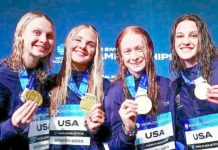

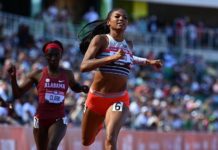
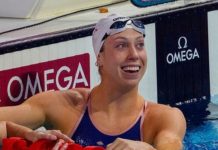


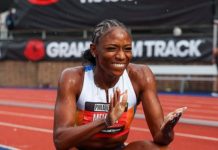

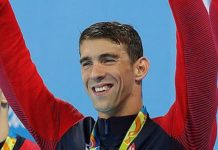
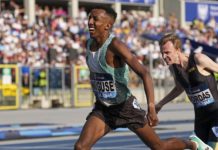
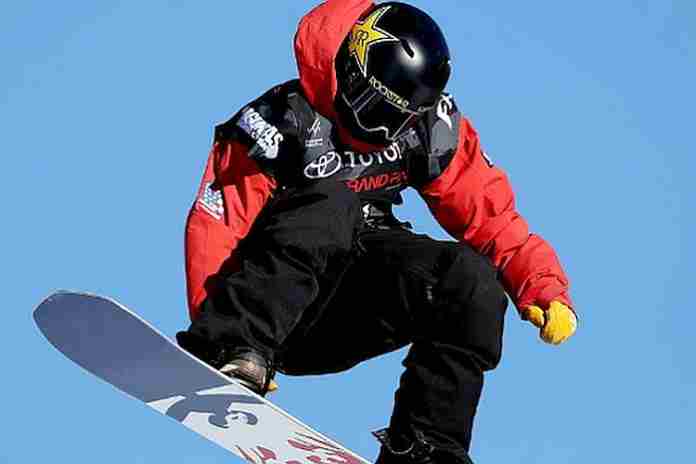
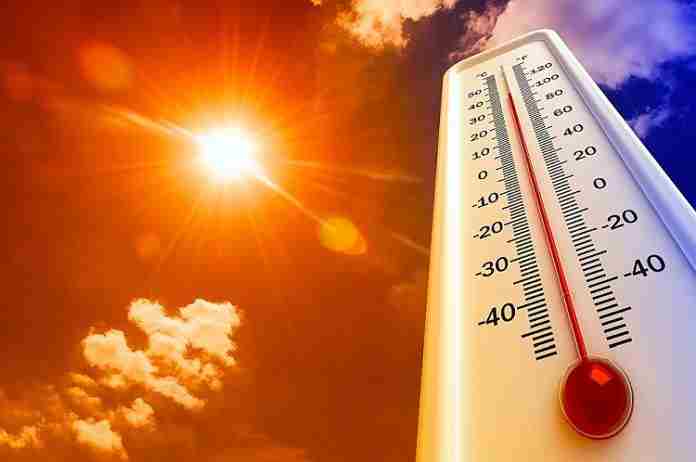
 The International Olympic Committee’s ninth Coordination Commission meeting is underway in Tokyo, and there is a lot to talk about with less than a year to go to the Opening Ceremony on 24 July 2020.
The International Olympic Committee’s ninth Coordination Commission meeting is underway in Tokyo, and there is a lot to talk about with less than a year to go to the Opening Ceremony on 24 July 2020.

